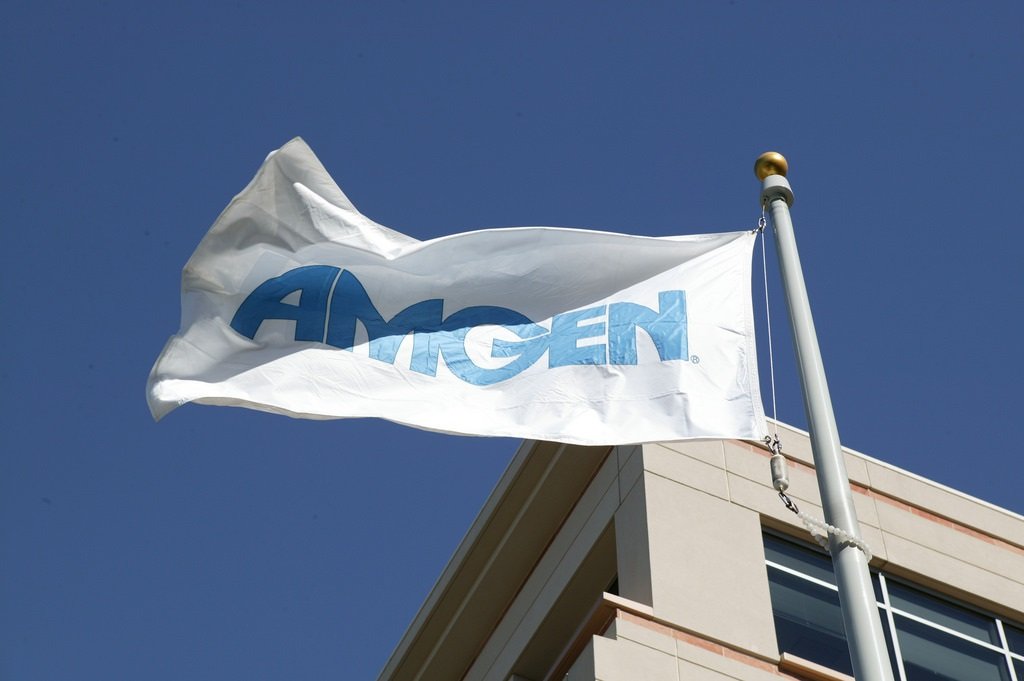
A phase 3 clinical trial of Amgen and AstraZeneca’s asthma candidate tezepelumab has missed its primary endpoint. The failure comes weeks after tezepelumab hit the endpoint in another phase 3, leaving the partners with a mixed data set they still plan to use to seek regulatory approvals next year.
Last month, Amgen and AstraZeneca chalked up a win when they said thymic stromal lymphopoietin inhibitor tezepelumab drove reductions in exacerbations in patients with low levels of eosinophils, positioning them to target a market poorly served by existing drugs such as Dupixent and Fasenra. Now, a readout from a second phase 3 has taken some of the shine off that success.
The second phase 3 randomized 150 adults with oral corticosteroid dependent asthma to receive a shot of tezepelumab or placebo every four weeks on top of their existing medications. Amgen and AstraZeneca were looking to show tezepelumab supported reductions in oral corticosteroid use.
However, tezepelumab was unable to significantly reduce daily oral corticosteroid dose without loss of asthma control, potentially due to the study design, according to Amgen. The setback weakens a potential argument for using tezepelumab but may still leave the core case for the drug intact.
In the earlier phase 3, Amgen and AstraZeneca showed tezepelumab significantly reduced asthma exacerbations, including in patients with baseline eosinophil counts of less than 300 cells per microliter. Amgen and AstraZeneca said the effect of tezepelumab on efficacy endpoints other than oral corticosteroid use in the second phase 3 was similar to the outcomes seen in previous studies.
That suggests the failed phase 3 may prevent Amgen and AstraZeneca from positioning tezepelumab as a way to reduce oral corticosteroid use but still provide additional evidence for the effect of the drug on other parameters. Safety was consistent with previous trials.
Amgen and AstraZeneca are yet to share full data from the phase 3 trials, leaving questions about the ability of tezepelumab to become a major asthma drug unanswered. The partners remain confident enough in the overall data set to continue preparing to seek approvals next year.


